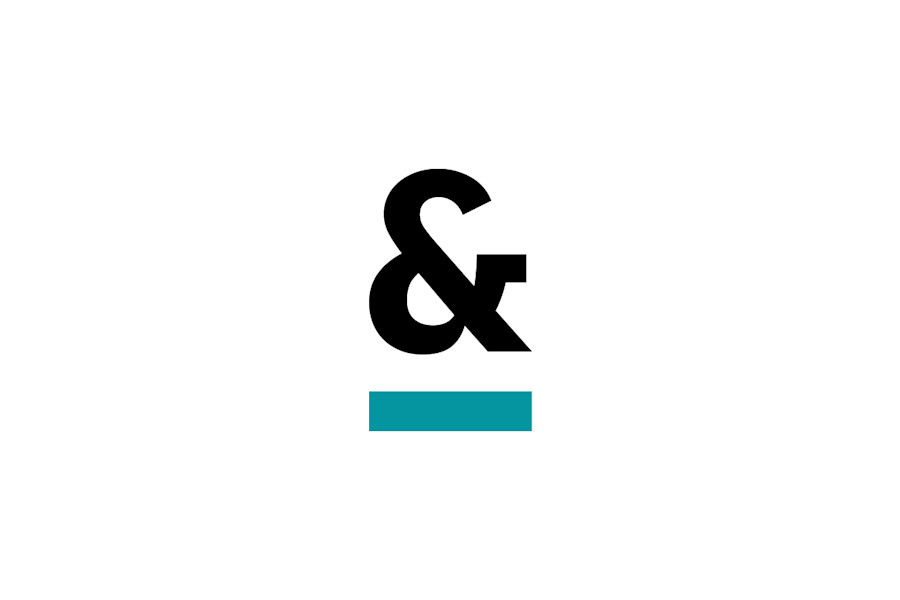The Brief is your monthly financial services update. To help you save time, each month we'll give you a quick run-down of what happened in financial services from experts across our firm.
ASIC receives an unwelcome Christmas present
ASIC announced on 3 January 2019 that it would review a Federal Court decision handed down on the Friday before the holiday break. The judgment has application beyond the circumstances of this particular case, which concerned two Westpac subsidiaries persuading customers to roll over their external superannuation accounts into Westpac accounts.
The Court agreed with ASIC that the two financial services licensees had failed to provide financial services honestly, efficiently and fairly. Importantly, however, it disagreed with the regulator's argument that the licensees had provided personal financial product advice. The Court found that the licensees had not 'considered' one or more of the customers' objectives, financial situation and needs and that a reasonable customer would not have expected them to do so.
The judgment provides useful lessons particularly for providers of general advice who often struggle to ensure their interactions with customers do not stray into the area of personal advice.
Yet another attempt to encourage consumers to read their policy documents
On 16 January 2019, Treasury released a consultation paper about disclosure in general insurance. Focussing squarely on the retail policies to which the standard cover provisions of the Insurance Contracts Act 1984 (Cth) apply, the paper seeks comment on its recommendations in five key areas:
1. Renewal notices
- Disclosing last year's premium and explaining any increase.
- Requiring insurers to tell new and renewing customers the components that make up their premium.
2. The efficiency of current disclosure
- Reviewing the way insurers disclose what is covered or excluded to determine whether the current disclosure requirements should be standardised, supplemented or overhauled.
3. Standardised definitions for key terms
- Requiring all insurers to use the same definitions for key terms much like the existing standard definition for 'flood' in some insurance policies.
4. Key Facts Sheets
- Reviewing whether Key Fact Sheets have increased consumers' knowledge of cover for home buildings and contents and whether they should be replaced or otherwise expanded to other types of insurance.
5. Modern disclosure
- Reviewing how the law can facilitate new and potentially more effective methods of disclosure.
Not for the first time, many of the reforms proposed in the consultation paper would have the effect of requiring insurers to provide more information to consumers, not less. Indeed, this has been the approach favoured by regulators in Australia for the past 20 years despite the reticence of consumers to read insurance literature before making a claim.
The industry should carefully follow these reforms and consider making a submission before the 28 February 2019 deadline, as some may require significant investment to meet new or supplementary disclosure requirements in the absence of evidence that consumer behaviour will change.
An international sandbox
ASIC has opened its regulatory sandbox framework to international players, thanks to its membership of the Global Financial Innovation Network. On 1 February 2019, ASIC invited applicants to test innovative financial products, services and business models in multiple countries.
Interested participants need to comply with the requirements of participating regulators in each applicable jurisdiction which, in Australia, means relying on one of the three grounds of relief provided through ASIC's regulatory sandbox. The pilot phase of cross-border testing of innovative products is open for applications until 28 February 2019.
All information on this site is of a general nature only and is not intended to be relied upon as, nor to be a substitute for, specific legal professional advice. No responsibility for the loss occasioned to any person acting on or refraining from action as a result of any material published can be accepted.
 Client portal
Client portal

















